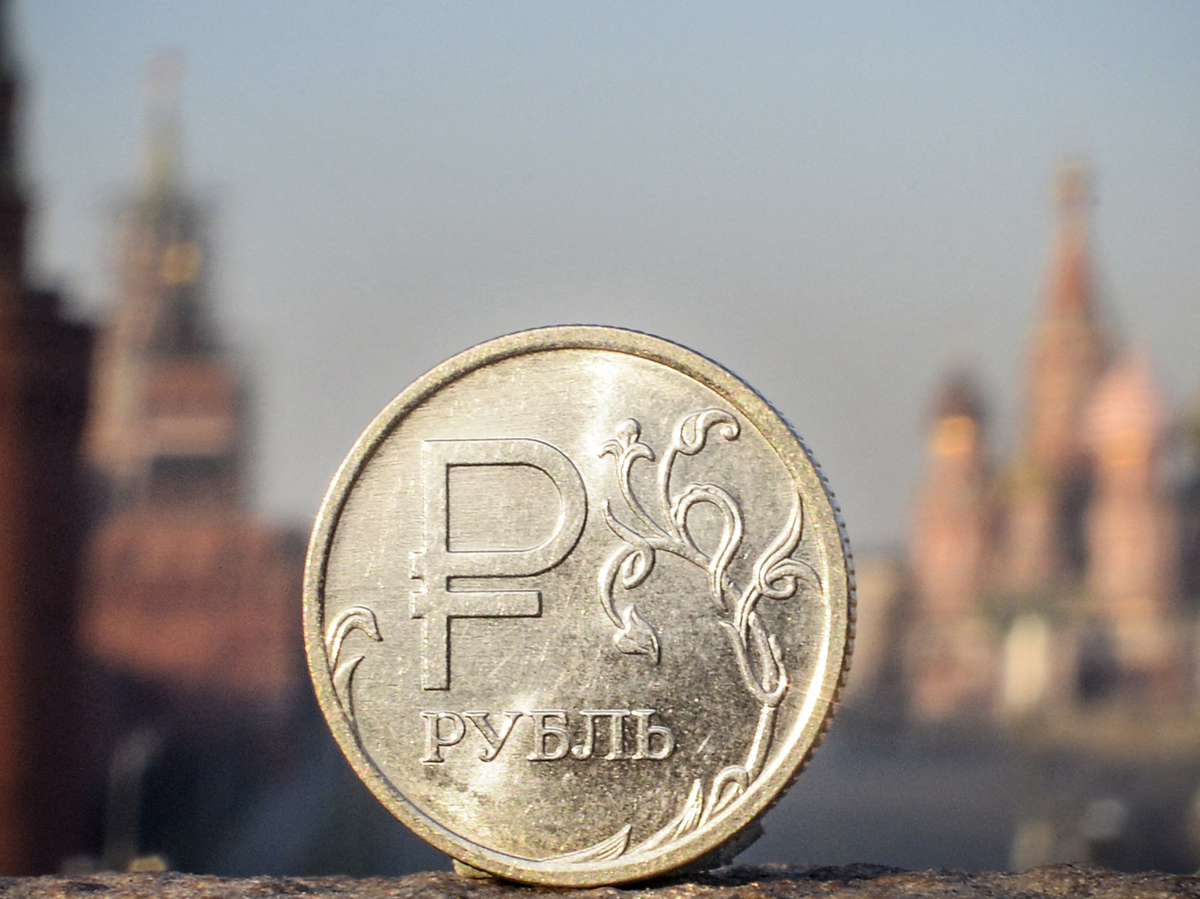
Russia's economy has so far been resilient in the face of U.S. and European sanctions, but there are signs that may be changing. Alexander Nemenov/AFP via Getty Images hide caption

Russia's economy has so far been resilient in the face of U.S. and European sanctions, but there are signs that may be changing.
Alexander Nemenov/AFP via Getty ImagesWars are expensive. And Russia's invasion of Ukraine has had an impact on the economies of both countries.
NPR's Julian Hayda, in Kyiv, reports that international assistance is allowing Ukraine to stabilize its economy and avoid collapse.
The Russian economy seems to have remained resilient in the face of sanctions and other trade and financial restrictions. But NPR's Stacey Vanek Smith reports on how that could be changing.
Email us at
This episode was produced by Connor Donevan with audio engineering by Peter Ellena and Ted Mebane. It was edited by Jeanette Woods, Rafael Nam, Nishant Dahiya and Didrik Schanche. Our executive producer is Sami Yenigun.

 Live Radio
Live Radio